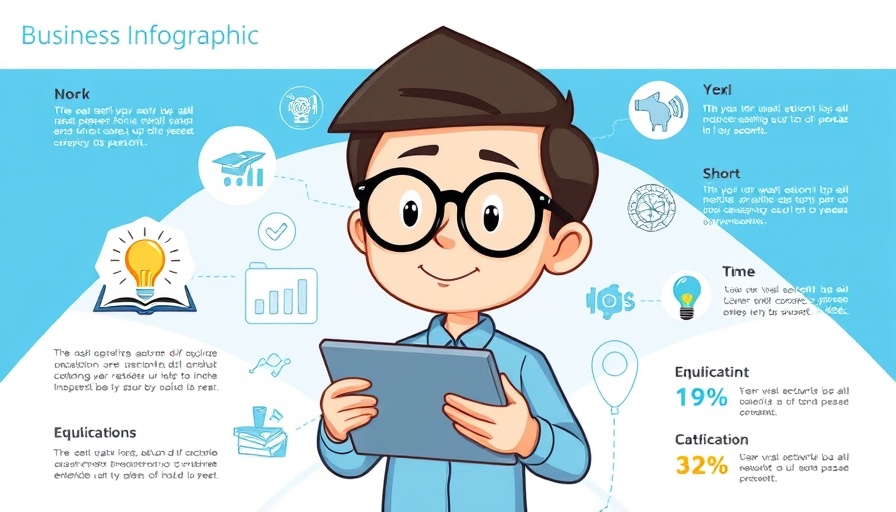
Transforming Screen Time: The Power of Educational Apps for Toddlers
As technology becomes more integrated into our daily lives, toddlers are increasingly exposed to screens. However, not all screen time is detrimental. When harnessed correctly, digital tools can foster early development, honing essential skills like counting, literacy, and critical thinking. The right educational apps can strike the perfect balance between fun and learning, ensuring that children not only engage with technology but do so in a way that supports their growth.
The Comprehensive Choice: ABCmouse
ABCmouse stands out as a leading educational platform for toddlers, boasting over 10,000 activities across subjects such as reading, math, science, and art. The app tailors its content to each child's learning pace, accommodating different styles while keeping young users engaged through colorful animations and games. Parents appreciate the ability to track progress, ensuring they remain actively involved in their child's educational journey.
A No-Cost Learning Experience: Khan Academy Kids
For parents seeking quality education without cost, Khan Academy Kids is a remarkable option. Ideally suited for children aged 2-8, the app encompasses a broad spectrum of subjects, including literacy and social-emotional development. The absence of ads and in-app purchases guarantees a safe learning environment, alleviating concerns about distractions or unwanted purchases. This app's varied content, delivered through delightful characters, makes learning both effective and entertaining.
Engaging Early Vocabulary: Endless Alphabet
Endless Alphabet provides a playful introduction to vocabulary and phonics. Utilizing quirky interactive animations and games, the app invites toddlers to learn new words while encouraging exploration at their own pace. The engaging format not only makes learning fun but also builds fundamental literacy skills, essential for academic readiness.
All-Around Exploration: Sago Mini World
Diving into creativity, Sago Mini World offers toddlers an array of open-ended mini-games that foster imagination and exploration. With 40+ games promoting motor skills and cognitive development, it’s perfect for offline play, making it easy for family travel adventures. Sago Mini prioritizes child safety by omitting ads, creating an ideal learning environment that's both educational and entertaining.
Foundations of Literacy: Starfall ABCs
Starfall ABCs is designed to make early literacy captivating through engaging animations, songs, and user-friendly interfaces. It introduces the alphabet using a multisensory approach with visuals tied to sounds and images, easing the learning curve for the youngest users. Notably, its incorporation of sign language promotes inclusivity, appealing to a wider range of learners.
Rare Words and Sound Recognition: Peekaboo Barn
Peekaboo Barn combines learning with surprise, turning screens into a virtual barn where toddlers encounter different animals. Each interaction helps build vocabulary alongside auditory recognition as animal names are spoken aloud. This artwork-rich experience cultivates curiosity whilst ensuring entertainment.
The Future of Learning: Embracing Apps for Development
As technology evolves, the role of educational apps continues to expand. Integrating mindset into your child’s screen time can maximize beneficial learning. By choosing well-rounded applications that reinforce skills, parents actively contribute to their child’s development in a fun and interactive manner. Tools like ABCmouse and Khan Academy Kids not only engage children but also empower parents to take an active role in educational choices.
Making a Choice: What You Should Consider
When selecting an educational app, consider factors like age-appropriateness, content diversity, user safety, and your child’s interests to ensure the engagement of your little learner. Setting a screen time limit remains paramount; educational apps should complement real-world interactions rather than replace them. This understanding ensures that screen time can remain an enriching experience rather than a conflict.
Ultimately, by being selective with technological tools during formative years, parents can introduce fun and effective learning that promotes growth and nurtures curiosity. This exploration will lead to smarter, happier kids, ready to embrace learning in every form.
 Add Row
Add Row  Add
Add 




Write A Comment